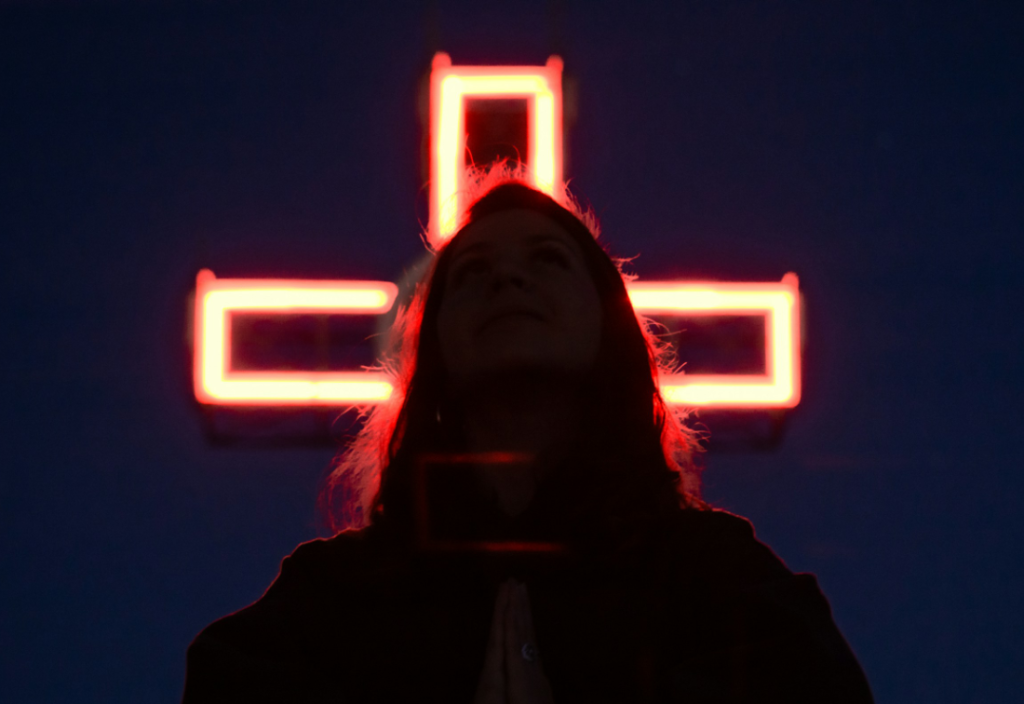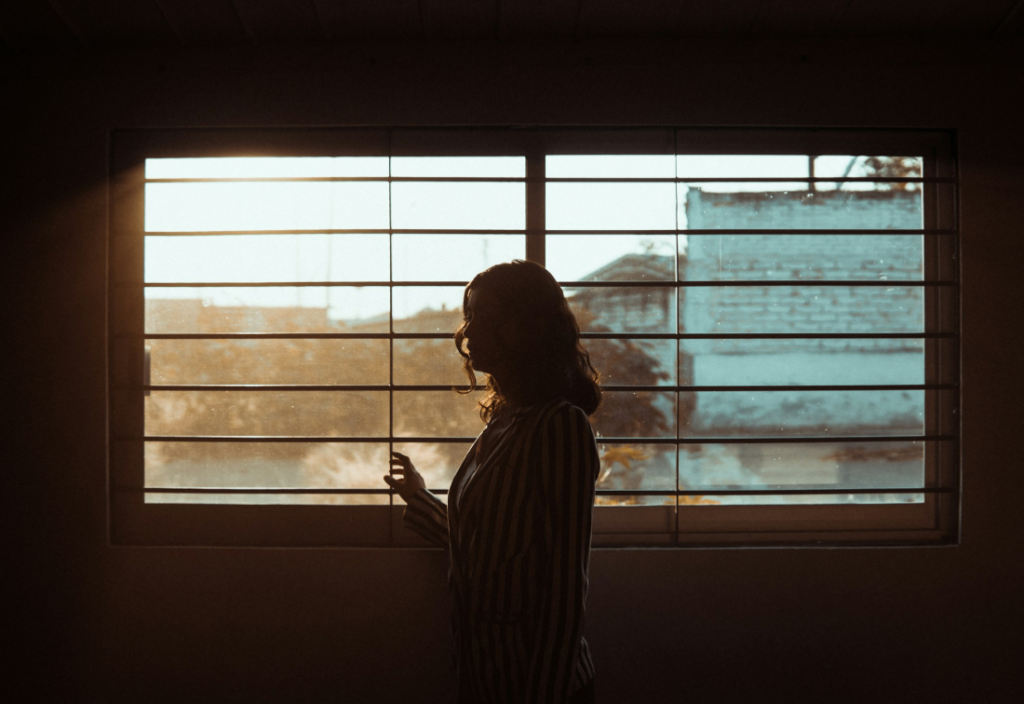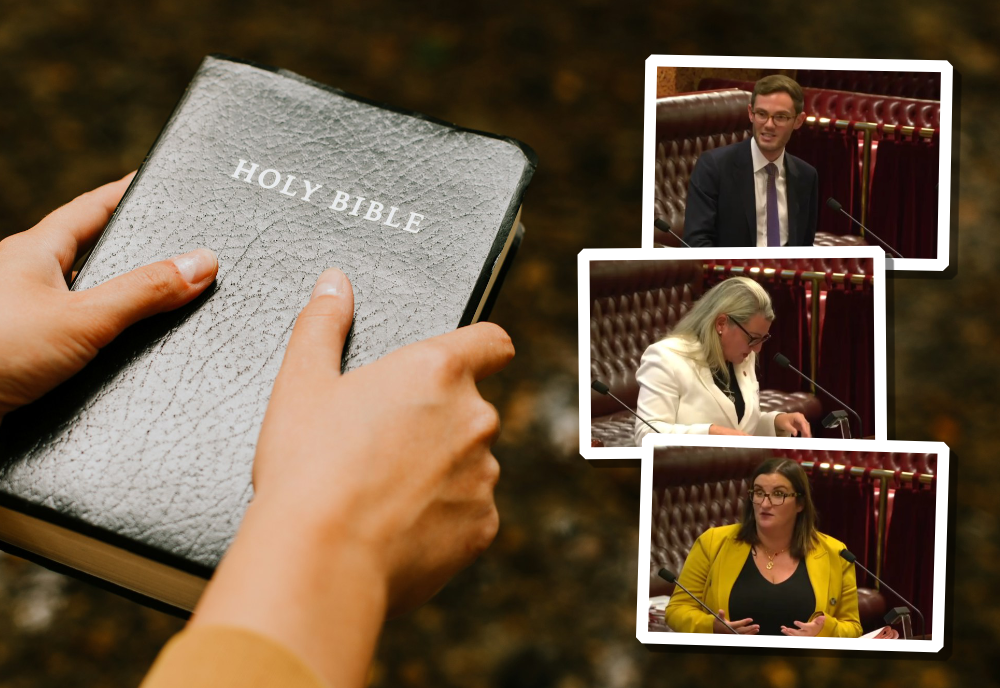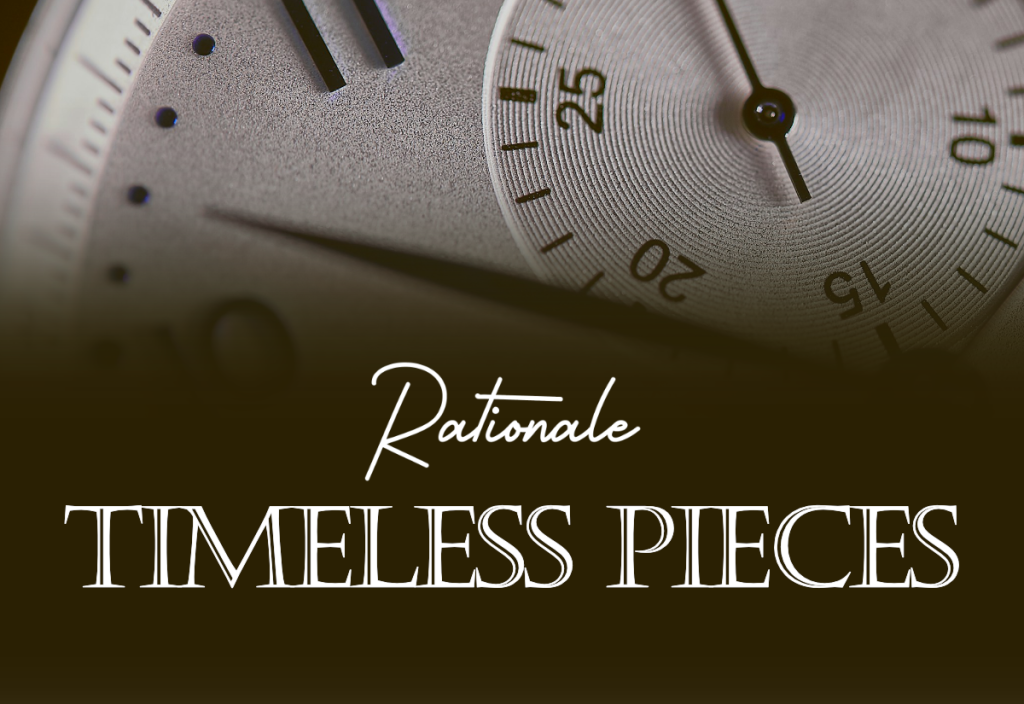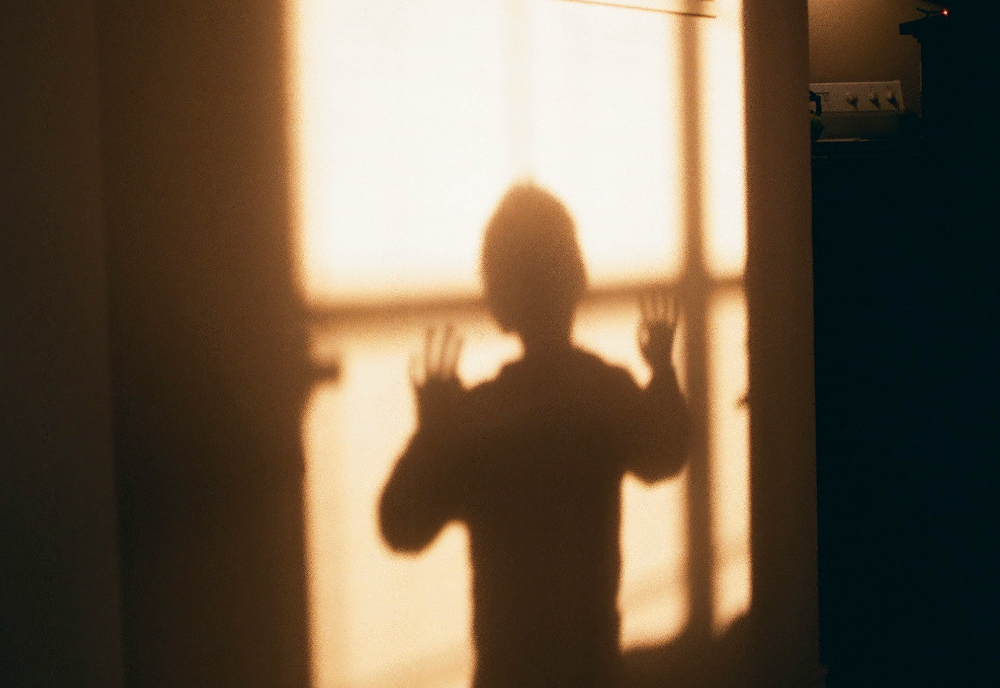There’s a lot they don’t tell you about leaving a cult, a high-control religion or toxic group. They don’t exactly warn you that you could freeze up in the cereal aisle at the supermarket, wondering if it’s really okay to buy that brand you’ve been told is tied up with a rival cult.
Cereal and rival religions. Yes, you read that right. While the distress of leaving a cult might be predictable, the fraught nature of seeking much-needed support during this immensely stressful time is less so. Once the rose-coloured glasses of indoctrination shatter and you wise up to just how destructive your group is, “choice” doesn’t adequately describe the impetus to leave. It’s more like a fight for your soul’s survival, or a brutal push so you don’t pollute the group.
Since my exit from a now-notorious group, I’ve spoken with many high-control group survivors. They’ve recalled freezing up when buying duvets, cars, toothpaste or approaching romantic relationships.
Navigating the healthcare system can also be tricky, especially when you’ve been warned off psychologists as a part of the cult’s control. When I originally posted on this topic, I spoke about my experience confiding in a mental health practitioner while in a crowded hospital ward (you can read that here).
Amongst the nodding, note-taking and sympathetic looks, there was something else: when you speak of leaving a cult, or claim that you need a closed room to talk about it because you don’t know who is listening, a responsible mental health care practitioner can write, “Delusions of grandeur? Paranoia?” on the intake sheet. Survivors can sound like irrational conspiracy theorists, even if we sought help from mental health professionals because of such a crisis.
But no. I really was the eldest daughter of people I’d later deem to be cult leaders. There were no delusions there. Nor are there in most cult leavers. Just complex post-traumatic stress disorder. Even paranoia is normal for a time.
The fact is our experience of coercive control in a religious or para-religious setting can be mind-bending for those who haven’t lived it, so much so that we could be easily misunderstood.
I’ve heard of cases when someone wanted to leave but was placed in the care of loved ones, cult members, until their ‘mental health crisis’ passed, and they were of sound mind again – in effect, until they had once again succumbed to cult control and were willing to stay.
Of course, you are under extra psycho-emotional strain when you exit a cultic group! Additional pressures can include: pressure on housing, relationships or child custody; gaslighting, punishment or isolation in attempts to make you conform again; financial hardship if employment or finances are tied up in the group; difficulties with decision-making outside of the group; and fear of judgement, or misfortune or cosmic punishment if you leave.
Why would you do it then? For very good reasons. You may have woken up to the true nature of what it is. You may be physically or mentally breaking down due to the ongoing strain, or grappling with the moral injury of enforcing the cult’s beliefs on other members. You may have reached a point of distress or realisation that you cannot unsee, and you need to get out for your mental, emotional, spiritual or even (in more extreme cases) financial and physical safety. You may be deemed problematic and forced out.
If you’re considering leaving, know this: it is better on the outside. But don’t act fast unless your physical safety is at risk. If it is, move quickly and sneakily. If needed, involve the police. Otherwise, hasten slowly.
Don’t go it alone. You are going to need help, and the most medicinal thing on earth is confiding in someone who can say “Yeah! Me too.” But don’t confide in people inside the group. Find those who are well and truly out. I recommend cult survivor groups, even if they’re far away from you. They’ll be comfortably removed from anyone who could make life difficult for you, and they’ll be able to offer advice or helpful connections.
The fact is our experience of coercive control in a religious or para-religious setting can be mind-bending for those who haven’t lived it, so much so that we could be easily misunderstood.
I also recommend finding an advocate – someone who can attend appointments with you if you need support – something that is normal during this time. An advocate/support person may help with things that overwhelm you, such as new bank accounts, housing, and securing hardship benefits or services.
You might adjust to the world outside just fine! Or you might need help. Either way, I encourage you to allow yourself to be surprised at how much people are willing and eager to help. You might have extended family members or long-lost relationships with people who cared and worried about you from afar. You might have a professional connection you can confide in.
You can be vulnerable with carefully chosen people outside the group and say “I need help.” I found people had their own suspicions and didn’t hesitate to offer support. This might mess with your head if you’ve been in a group that has a strong “us versus them” mentality, but it really is a kinder world out here.
Still, you do need to plan your exit. It took time to get here, and it will take time to get out. So consider the key questions of when, where, how, and who to access for help. Even though it might seem like there’s no support afterwards, trust me, there is. There are online groups, podcasts, and special interest groups where you can meet the social needs the group once filled.
There will be different demands on this plan, depending on whether you were living in a commune or if it was a community-based cult. You’ll feel like the only person in the world who has done this, but you’re not. Isolation is a control tactic.
You’ll probably feel paranoid or fearful about information getting back to the group. This is normal. People who have left high-control groups get it. This feeling will lessen, and your joy in life will increase over time. Trust me on this: it will get better.
You’ll likely find that leaving the belief system is very different from physically, socially and financially leaving the group. This, too, will take time. Be patient with yourself and find a good therapist. You’ll need friends to rant to as well, preferably ones that care more about you than getting the gory details on the local cult.
If you’re leaving a high-control religion or para-religious cult, you will likely join the deconstruction movement. You can be a silent reader or an active participant. It’s all up to you. But you’ll find many of the things you believed or feared were common to other people. You’ll be relieved to read that most of their fears never materialised. You’ll discover that the great, big, unsurvivable thing is indeed survivable.
You will most likely experience post-traumatic stress. Then you’ll experience post-traumatic growth.
You’ll learn you are not alone, and the universe is a kinder place than you thought it was. You’ll experience grief and anger. But you will find joy, love and fulfilment.
This point right now is scary. But you will, in the end, be fine.
At this time in history, we are in a Petri dish of perfect conditions for cults to grow. The internet has become a profoundly effective recruitment tool. We’ve seen the rise of influencer culture and an increase in independent churches with pastors who have inadequate qualifications for the job, or even none at all. We have environmental, political and economic instability which tends to amp up our need for psychological safety. All this means people can be more easily taken by conspiracy theories or recruited into fringe groups. There’s also been a spike in the visibility of extreme groups. To me, it’s no surprise why.
Don’t listen to the voice of shame if you got caught up in a fringe group. Feel proud of yourself that you woke up and are getting out. It’s been some years since my exit. Turbulent years: kids, a relocation, a marriage ending, new social connections, a national TV exposé, threats, intimidation, a new life, and even a new romance. A lot – by anyone’s standards.
But I am happy – truly at home in the world. I have friends that I chose and who chose me. We invest in each other. I have a wonderful home, a thriving business, and kids whose lives I am fully present in. I am happy. I have true freedom, a meaningful, purposeful life, and joy.
There are moments of grief for what I’ve lost and things I hope for in the future, but I have happiness. I have it because I got out. I hope, above all, that this brings you hope. Good luck.
This article is an abridged version of an article originally published on the author’s blog.
Photo by Lorna Hope on Unsplash.



